Blog
How to Choose the Best Small CNC Machine for Your Business Needs
Choosing the best small CNC machine for your business needs can be a daunting task, especially with the plethora of options available on the market today. These compact machines offer precision and versatility, making them ideal for a variety of applications, from intricate designs to robust production runs. However, selecting the right one requires a careful evaluation of several factors, including the types of materials you will be working with, the scale of your projects, and your budget constraints. In this guide, we will explore the essential features to consider when purchasing a small CNC machine, helping you make an informed decision that aligns with your specific requirements. Whether you are a small business owner looking to enhance your production capabilities or a hobbyist aiming to elevate your craft, understanding the intricacies of small CNC machines will empower you to choose the perfect tool for your needs.
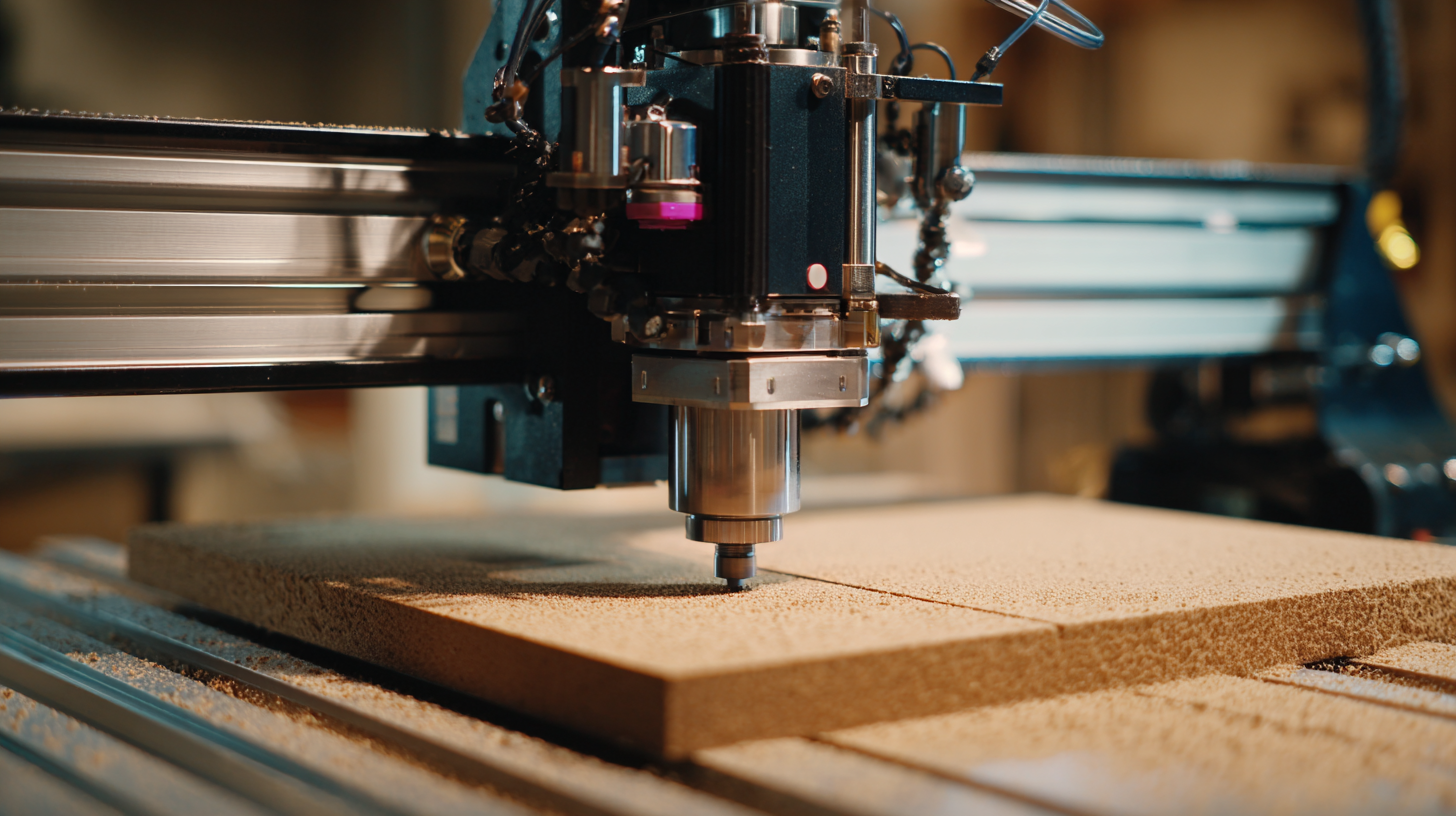
Identifying Your Business Requirements for a CNC Machine
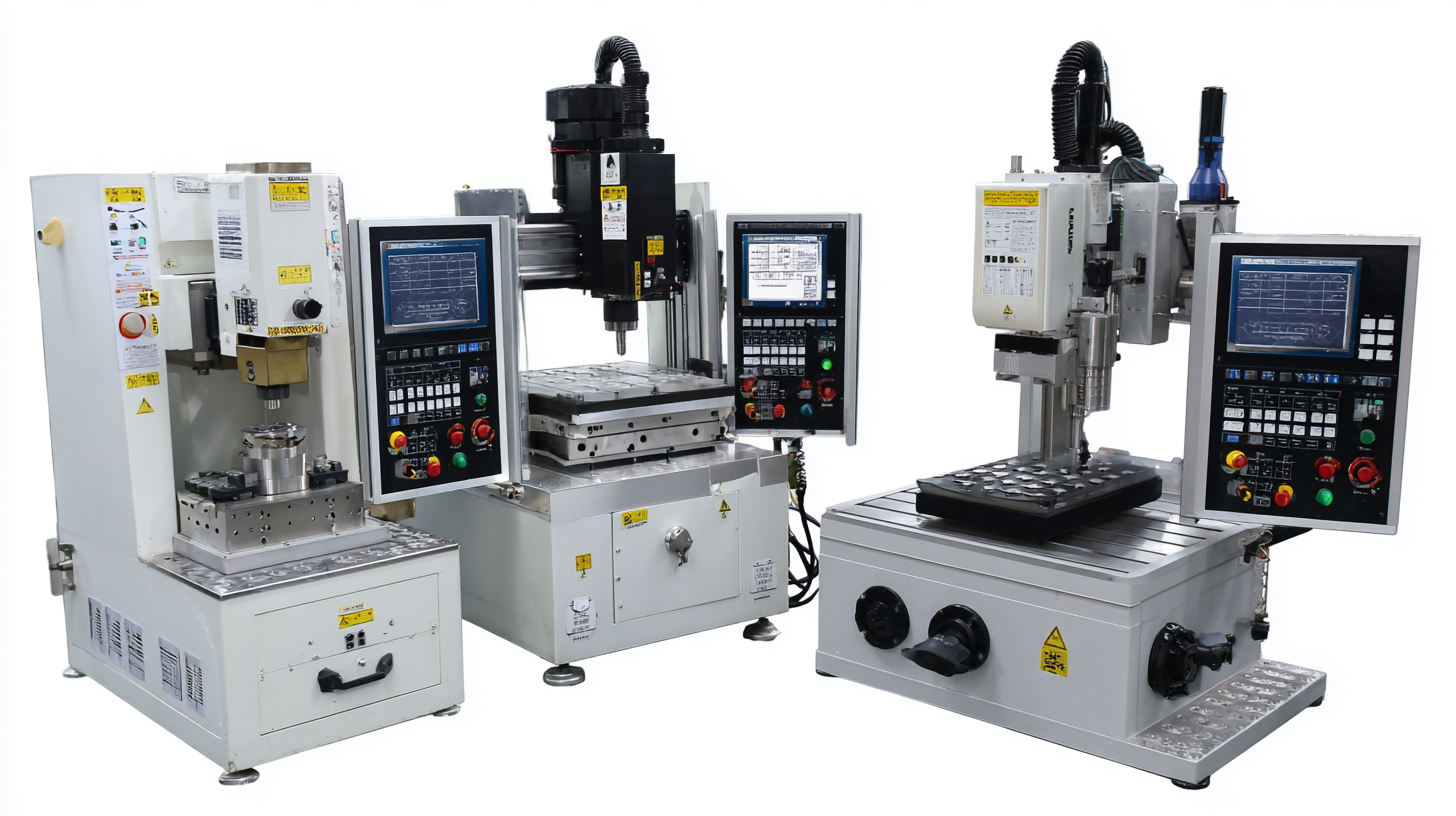 When selecting a CNC machine for your business, the first step is to clearly identify your specific requirements. Consider the materials you will be working with, the dimensions of the parts you need to produce, and the complexity of your designs. This initial assessment will guide you towards a machine that meets your operational demands. For instance, if you're primarily working with softer materials like plastics or wood, a less powerful machine may suffice. However, for metals or complex shapes, you'll need a more robust option.
When selecting a CNC machine for your business, the first step is to clearly identify your specific requirements. Consider the materials you will be working with, the dimensions of the parts you need to produce, and the complexity of your designs. This initial assessment will guide you towards a machine that meets your operational demands. For instance, if you're primarily working with softer materials like plastics or wood, a less powerful machine may suffice. However, for metals or complex shapes, you'll need a more robust option.
Tips:
-
Assess your production volume. If you require high throughput, opt for a machine that offers faster cycle times and greater automation capabilities.
-
Evaluate the level of precision you need. For intricate designs, look for a CNC machine with high accuracy and advanced control systems.
Additionally, consider the machine's ease of use and the available support and training resources. A user-friendly interface can significantly reduce the learning curve for your team, while solid customer support can help resolve any issues that arise during operation. This ensures a smoother integration into your workflow and maximizes productivity from the start.
Understanding the Types of Small CNC Machines Available
When considering the best small CNC machine for your business, it's crucial to understand the various types available on the market. Small CNC machines can range from desktop routers to Swiss-style lathes, each serving different purposes and industries. Desktop CNC routers, for instance, are ideal for light machining tasks and prototyping, while Swiss-style machines excel in precision machining, making them suitable for complex parts, particularly in the medical and manufacturing sectors. As advancements continue to refine Swiss technology, many shops are revisiting these machines for their efficiency and capability to enhance production value.
Furthermore, the software that operates these CNC machines is equally significant in determining functionality. Open-source options like GRBL allow for precise control and are a great starting point for businesses with budget constraints. Additionally, various CNC software options cater to different needs, including G-code simulation and design programs. By evaluating both the types of machines and the accompanying software, businesses can strategically select the small CNC machine that aligns with their specific operational requirements and growth aspirations.
Evaluating Technical Specifications and Features
When selecting a small CNC machine for your business, evaluating the technical specifications and features is crucial. It’s essential to consider the machine's spindle speed, torque, and the maximum weight of the materials you intend to use. According to a report by MarketsandMarkets, the small CNC machine market is projected to grow at a CAGR of over 6% through 2025, indicating a rising demand for advanced technical features that can boost productivity. Machines with higher spindle speeds allow for quicker cutting processes, while greater torque translates to better performance with tough materials.
Tip: Always check the machine's repeatability and accuracy specifications. A CNC machine that offers a repeatability of ±0.005mm should be a baseline for most precision-oriented projects. Additionally, consider the software compatibility with design programs you use, as this can significantly enhance your workflow.
Another critical feature is the machine’s axis configuration. The most common setups are 3-axis and 5-axis CNC machines. A 5-axis machine allows for more complex shapes and designs, reducing the need for multiple setups. As per the latest study from Technavio, the increasing demand for precise and intricate designs is pushing many businesses to invest in 5-axis systems, with projections showing a significant uptick in this segment.
Tip: Look for machines that offer modularity. Being able to add different tool heads or accessories can greatly extend the lifespan and utility of your CNC machine, thereby protecting your investment.
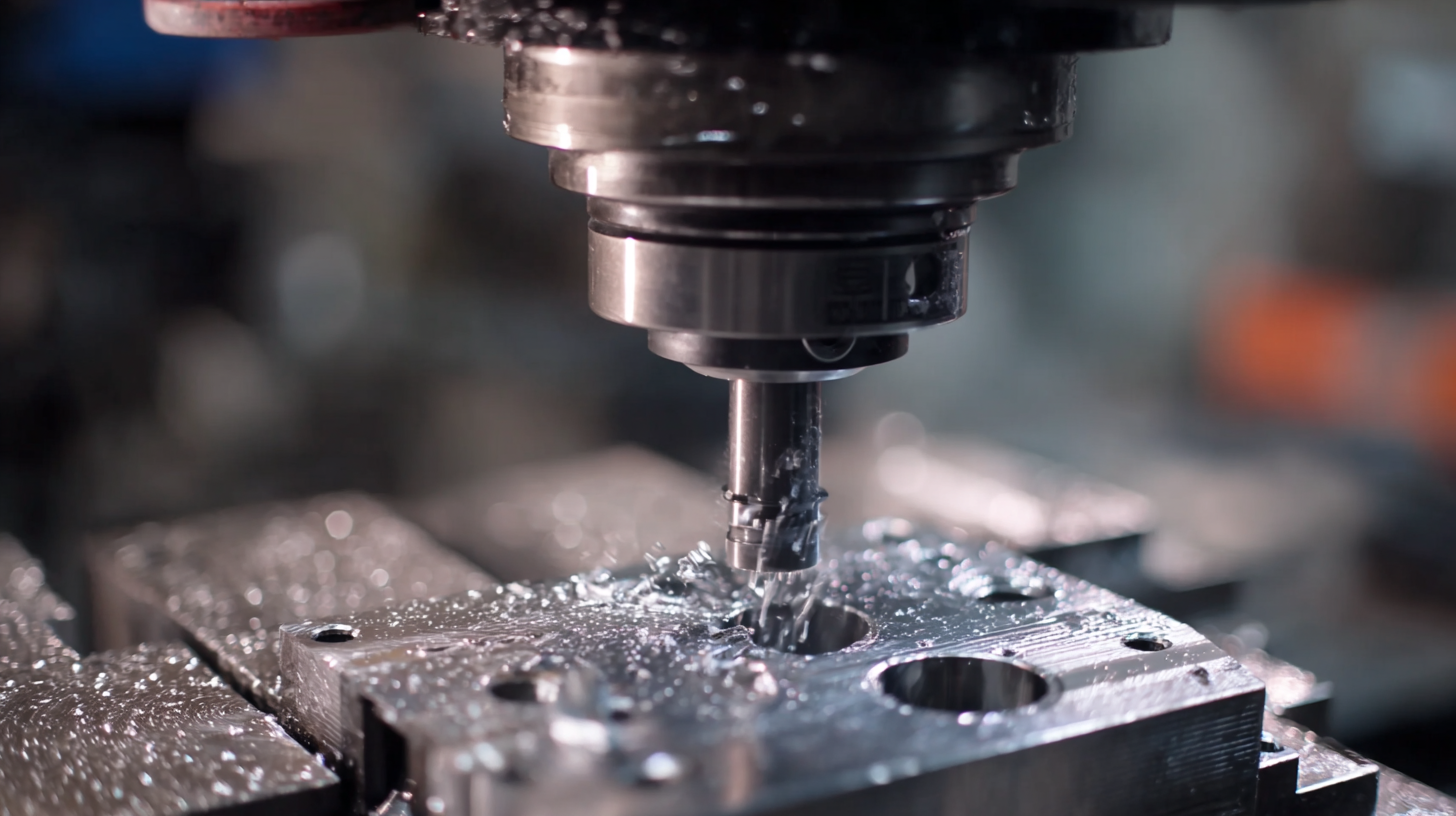
Assessing Budget and Cost-Effectiveness of Small CNC Machines
When selecting a small CNC machine for your business, budget and cost-effectiveness are crucial factors that can significantly impact your overall operations. Begin by evaluating your initial investment capabilities. Small CNC machines come in a range of prices, influenced by features such as size, precision, and additional functionalities. Establish a clear budget that not only covers the machine’s purchase price but also considers installation, maintenance, and operational costs. Additionally, assess the long-term return on investment (ROI) by estimating how the efficiency and productivity of a CNC machine can offset its initial cost over time.
Cost-effectiveness also involves comparing the specifications and capabilities of different models. Cheaper machines may seem attractive, but they can lead to higher operational costs due to inefficiencies or frequent repairs. Research and analyze the machine's durability, the availability of spare parts, and after-sales support from manufacturers. By prioritizing both upfront costs and ongoing expenses, you can find a small CNC machine that meets your business needs while ensuring that you maximize your investment in the long run.
How to Choose the Best Small CNC Machine for Your Business Needs - Assessing Budget and Cost-Effectiveness of Small CNC Machines
| Machine Model | Price ($) | Working Area (mm) | Max Speed (mm/min) | Spindle Power (kW) | Software Compatibility | Warranty (Years) |
|---|---|---|---|---|---|---|
| CNC 3018 | 450 | 300 x 180 | 5000 | 0.5 | GRBL | 1 |
| Shapeoko 3 | 1,200 | 610 x 610 | 6000 | 1.5 | Carbide Create | 2 |
| X-Carve | 1,500 | 1000 x 1000 | 5000 | 1.2 | Inventables Easel | 1 |
| MillRight CNC Mega V | 2,199 | 1000 x 1000 | 3000 | 1.5 | Mach3 | 2 |
| Prusa Mini | 349 | 180 x 180 | 200 | 0.25 | PrusaSlicer | 2 |
Researching Brands and Reviewing Customer Feedback
When selecting the best small CNC machine for your business, one of the most crucial steps is researching brands and reviewing customer feedback. Familiarizing yourself with reputable manufacturers ensures that you invest in a quality product. Look for brands that are known for reliability and innovation, as they often have a strong market presence and positive reviews from users. You can start by exploring industry forums and trade publications to gather insights on the top performers in the CNC machine space.
Tips: Pay special attention to customer reviews that discuss the machine’s ease of use, precision, and durability. This first-hand feedback can unveil potential issues that may not be highlighted in marketing materials. Additionally, consider reaching out to existing users for their firsthand experiences; this can help you gain practical knowledge about the machine’s performance in real-world applications.
When checking reviews, also examine the support services offered by the brand. Good manufacturers provide accessible technical support and resources for their equipment. This can be vital for troubleshooting or maintenance issues that may arise post-purchase. Ultimately, making an informed decision based on thorough research will ensure that you select a small CNC machine that effectively meets your business needs.
Sales Comparison of Small CNC Machines in 2023
Related Posts
-

7 Powerful Reasons to Choose a Mini CNC Machine for Your Precision Projects
-

5 Smart Tips for Choosing the Right Small CNC Mill for Your Business Needs
-

The Future of Small CNC Mills in Precision Manufacturing with Industry Insights
-
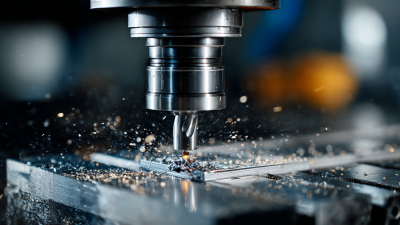
Understanding Industry Standards for the Best Small CNC Machines for Metal Manufacturing
-
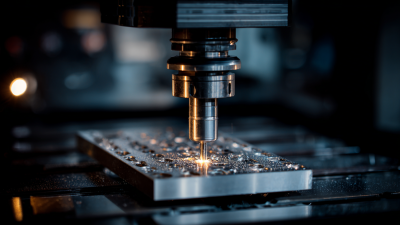
What is a Mini CNC Mill and How Can It Transform Your Machining Process
-

Understanding the Role of CNC Lathe Machines in Modern Manufacturing
